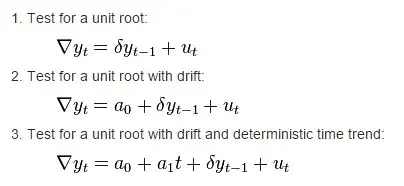According to Popper, we cannot verify a hypothesis due to the problem of induction - we can only aim to falsify it. If we are repeatedly unable to falsify it, the hypothesis is said to be tentatively accepted. For Popper, all science shall come up with hypotheses and try to falsify them as hard as possible.
In some introductions to statistical hypothesis testing, I could read that scientists aim to falsify the null hypothesis and that this somehow is in accordance with Popper's theory of falsification. Here is a posting, stating this view. (User @Stefan did comment this posting, making exactly my point.)
I have three questions:
- Doesn't Popper say we should try to falsify the alternative hypothesis?
- Does falsifying the null hypothesis count as failed falsification of the alternative hypothesis?
- Might be some semantic sophistry: Shouldn't scientists try to corroborate the null hypothesis instead of trying to falsify it?
(If this posting should be in the "philosophy"-board, please move it there...)
